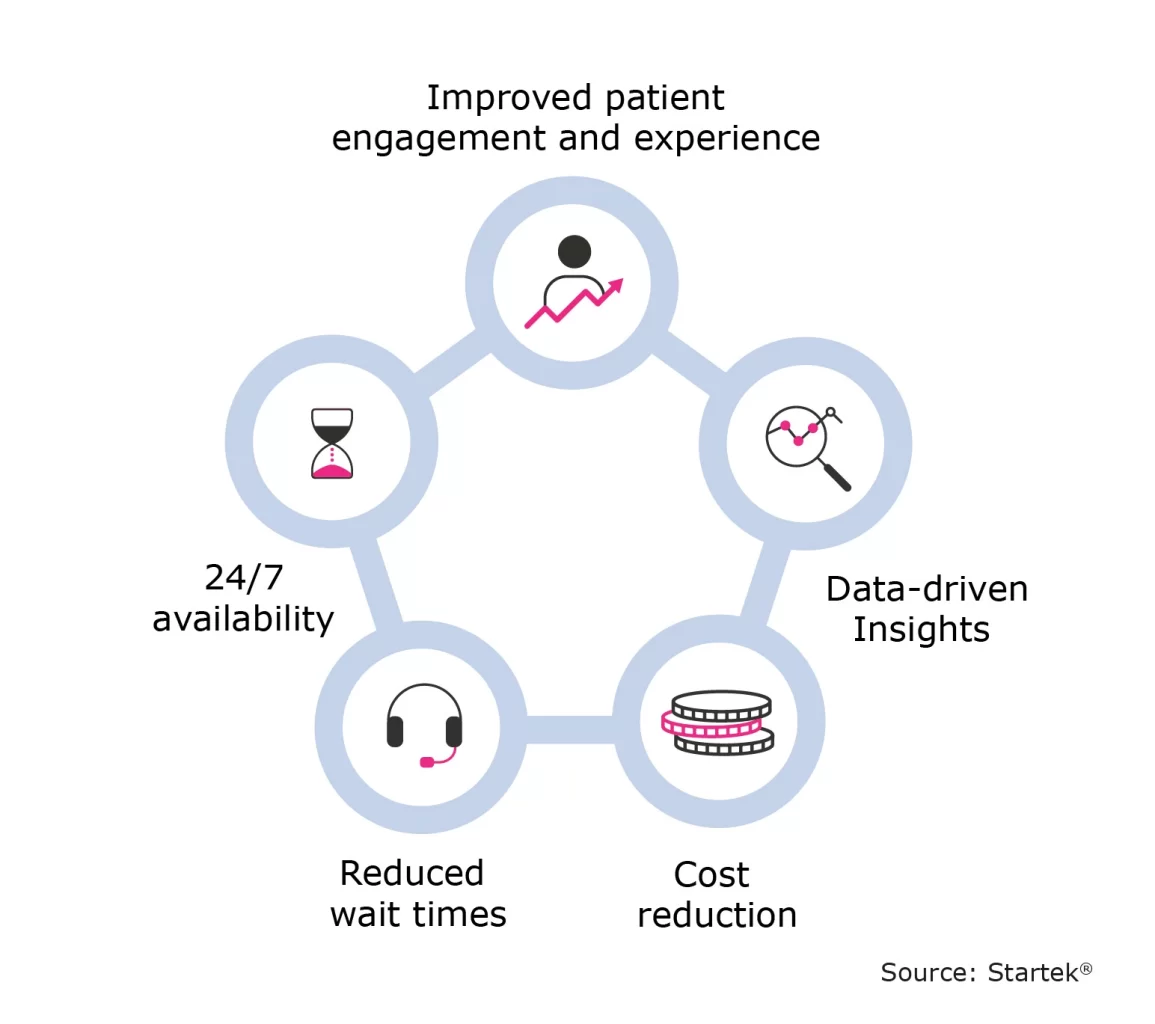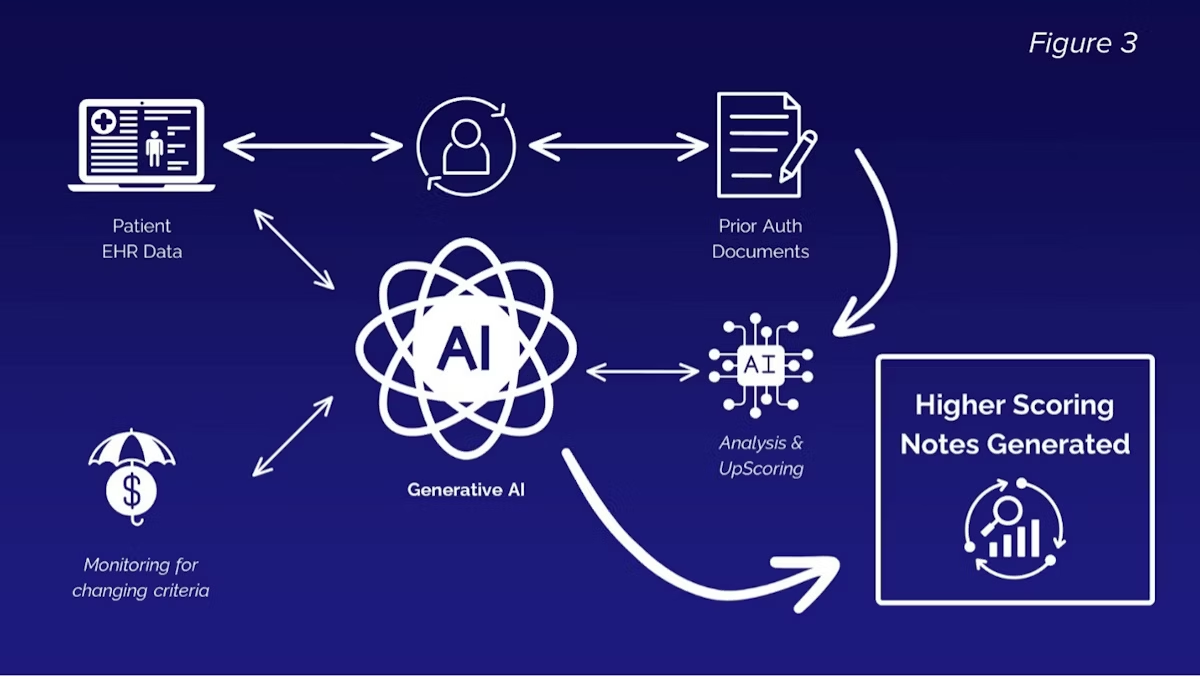Healthcare scheduling remains one of the most frequent points of friction in the patient experience, with 67% of patients reporting frustration with the appointment booking process. Traditional phone-based scheduling creates bottlenecks during business hours, while basic online scheduling tools often lack the flexibility to handle complex appointment types or answer patient questions. The result is a scheduling experience that feels outdated compared to the conversational, on-demand interactions patients experience in other aspects of their lives.
Voice assistants and conversational AI are emerging as powerful solutions to these persistent scheduling challenges. These technologies enable natural language interactions across multiple channels—voice, text, web chat, and mobile apps—creating a scheduling experience that feels remarkably human while operating 24/7 without staff intervention. For healthcare providers, these intelligent systems are simultaneously improving patient satisfaction, reducing administrative workload, and capturing appointments that might otherwise be lost to competitors with more accessible scheduling options.
The Evolution of Healthcare Scheduling
How Conversational AI Transforms Scheduling
Voice-First Scheduling Experiences
Text and Chat-Based Scheduling
Implementation Across Practice Types
Patient Experience Enhancements
Measuring ROI and Performance Improvements
Conclusion
Voice assistants and conversational AI represent a transformative approach to healthcare scheduling that aligns with broader consumer expectations for frictionless, on-demand experiences. By enabling natural language interactions across multiple channels, these technologies simultaneously improve patient satisfaction, reduce administrative burden, and capture appointments that might otherwise be lost to competitors with more accessible scheduling options.
As these systems continue to evolve, we can expect increasingly sophisticated capabilities including deeper EHR integration, more advanced symptom triage during scheduling, and true omnichannel experiences where patients can seamlessly transition between voice, text, and visual interfaces within a single scheduling interaction. For healthcare providers seeking to differentiate their practice while improving operational efficiency, conversational scheduling represents not just a technological upgrade but a fundamental reimagining of the patient access experience for the digital age.
Ready to transform your business with AI?
Our team of experts is ready to help you implement the strategies discussed in this article.
Schedule a ConsultationAlexandros Aidonis
Founder & CEO
Alexandros Aidonis is the founder and CEO of AIdonis, specializing in AI solutions for local businesses. Alex is passionate about helping small businesses leverage AI to compete with larger enterprises.




